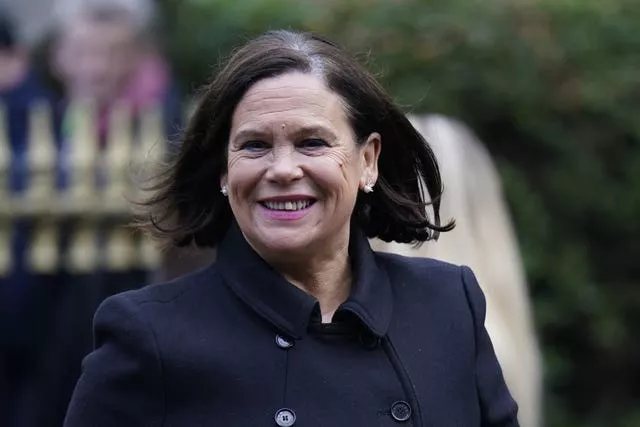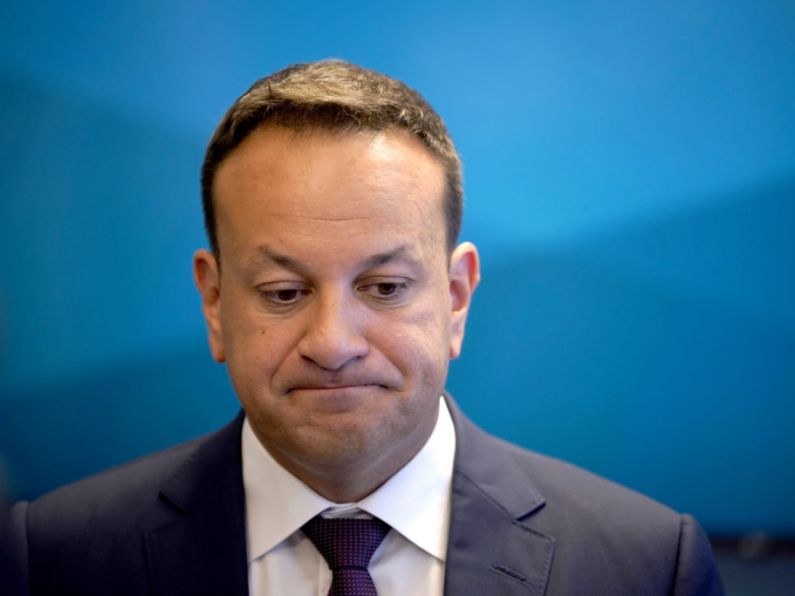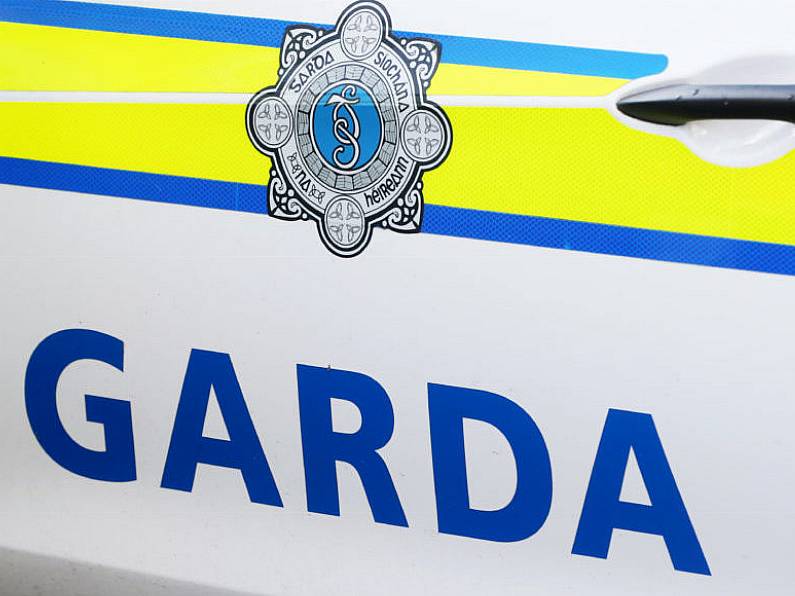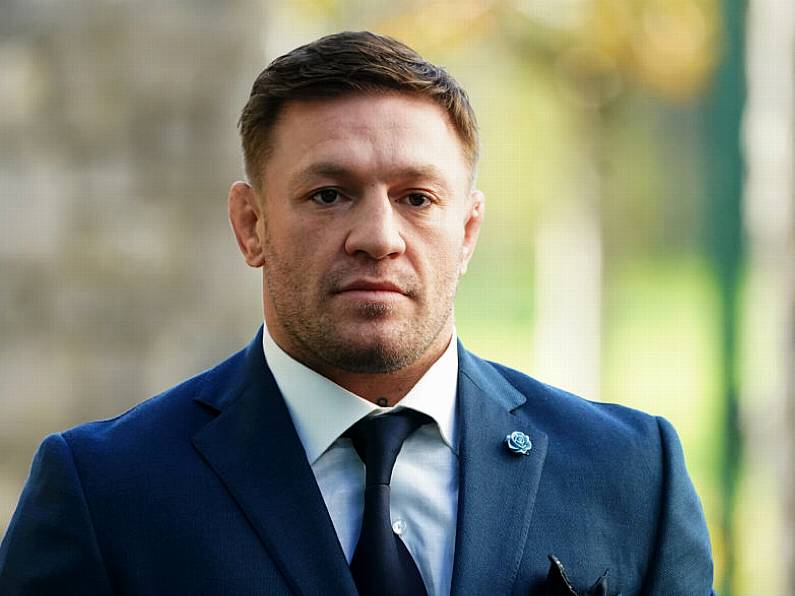The Government intends to cut financial support for those fleeing the war in Ukraine that are in receipt of State accommodation from the end of January.
Taoiseach Leo Varadkar said the new arrangements would mean anyone arriving from Ukraine seeking international protection would only be guaranteed state accommodation for 90 days.
During that period, those arrivals will be paid a €38.80 subsistence allowance and an additional €29.80 per child per week “in recognition of the fact that accommodation has been provided”.
Arrivals in these circumstances are currently entitled to a jobseeker’s allowance of €220 per week.
Mr Varadkar said the Government would work with arrivals and NGOs to find other accommodation during that 90-day period, adding: “Many different possibilities arise, taking up employment where possible – which many Ukrainians have done and do provide their own accommodation, pledged accommodation and staying with people they know and networks.”
He said if people move out of state accommodation after or before the 90-day window, they will be assessed for social welfare like any Irish citizen, including eligibility for the rent allowance, but not social housing or the housing assistance payment.
He said the move, which would see legislation enacted by the end of January, was to bring the Irish offering “into line” with other western European countries, some of which, he said, had not welcomed as many Ukrainians as Ireland on a proportionate basis.
Speaking during Leaders’ Questions in the Dáil, Mr Varadkar said he was proud the State had welcomed 100,000 people fleeing the war in Ukraine during the “biggest movement of people that’s happened in Europe since the Second World War”.
He said this included 10,000 children in Irish schools, 10,000 working in the economy and 70,000 in some form of State-provided accommodation.
“But the situation is that accommodation is scarce and the numbers coming in remain very large and we’re making this change with that in mind, recognising that other European countries have acted similarly, to change what they offer over the course of two years. We’re now following suit.”
Mr Varadkar said people fleeing the war would continue to be welcome in Ireland.
He was responding to a query from Sinn Féin president Mary Lou McDonald, who told him that he was correct to say that accommodation is scarce.
However, Ms McDonald added that she was “very concerned” that the Government had no plans to house the arrivals for 90 days, to secure temporary accommodation, or for where the international-protection applicants would go once the 90-day window ended.
She said there was a “major embedded housing capacity problem” in Ireland and asked if the Ukrainians would have to find a home in a system that is “already at breaking point”.
“People can’t find rented accommodation for love nor money, and when they do, the rents are extortionate. Or will Ukrainian people be given a tent and told to take their chances on the streets?”
She said the decision to change the supports was taken at a time when the housing system is broken, overwhelmed and “creaking at the seams”.

Mr Varadkar replied that the Government was “confident” it would be able to provide accommodation for the initial 90 days.
“People who have moved into state accommodation from Ukraine don’t always stay there. Some have moved on to find their own accommodation, others have moved on to other parts of the European Union.
“So accommodation does become free in the existing former hotels, former B&Bs. We also have the modular homes which the (Office of Public Works) is building, we have the refurb programme which is taking old buildings and bringing them back into use as a combination.
“So all of that will continue and we’ve already managed to find accommodation for over 70,000 Ukrainians.”
By Cillian Sherlock, PA
Keep up to date with all the latest news on our website Beat102103.com






